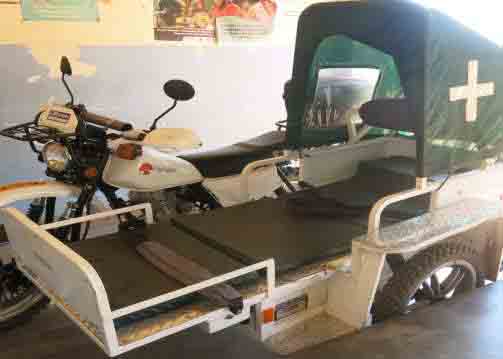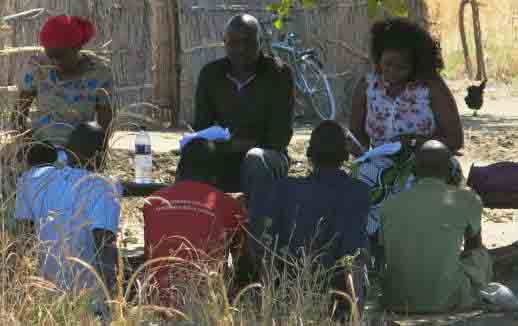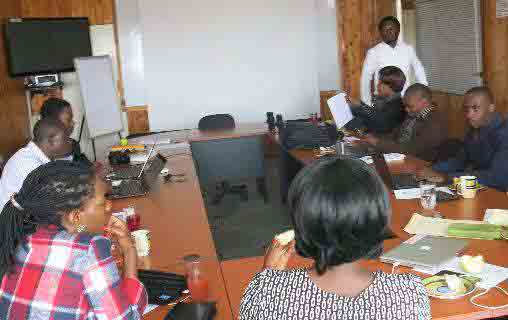Other Sectoral Studies and Sustainable Development Goals
Project: Development of the 2018 Malawi SDG Report
Client: Ministry of Finance and Economic development and Planning and UNDP
In 2018, the team leader worked with the Ministry of Finance and Economic development and Planning and UNDP in the development of the 2018 Malawi SDG report. The report was expected not only to assess and report progress on the implementation of the SDGs, but to assist policy makers with evidence based strategic decisions to guide programme interventions towards the attainment of the SDGs through the MGDS III and other National Development Plans to come.
The consultancy included to review relevant documents including MGDSIII and undertake an inclusive and participatory consultation process involving all stakeholders, Undertake SDGs performance trend analysis in line with the long-term targets. Establish and analyse the existing inter- linkages of the SDGs domesticated in the MGDS III using current data and informed by the integrated SDGs model. Reviewing the performance of interlinked SDGs in the context of MGDSIII priority areas and related policies, programmes, and projects initiated by the MDAs. Developing an analytical report on the performance of each individual Goal focusing on trend analysis between baseline and targets indicators. The analysis was a comparative one relating to developments of countries within the region and with countries in a comparable situation. Consulting stakeholders to establish development related to SDGs performance at the grassroots and case studies on SDGs implementation. Presenting the final narrative of the SDGs Annual Report to relevant stakeholders for validation; and finalising the SDGs 2018 Annual Report incorporating comments received during validation.
Project: Global Education Commission-Global Education Study, 2016
Client: UNESCO and Global Education Commission
The study looked at the educational attainment in ECD, Primary, secondary and tertiary education under different political economy and policies in Malawi. Conducting quantitative and modelling cross all the education levels against quality of education indicators, qualitative coding of data using Nvivo, Coordination data collection for key informants, FGDs.
Project: E4C conducted the end of project evaluation for the Malawi Red Cross Society EU-WASH projects
Client: The Malawi Red Cross Society, with funding from the Netherlands Red Cross
E4C conducted the end of project evaluation for the Malawi Red Cross Society, with funding from the Netherlands Red Cross, who completed the implementation of two significant WASH projects – “Reduction of Child Mortality due to Diarrhoea” (January 2014 – December 2016) and “Integrated WASH Interventions in Low Income Areas” (June 2014 – April 2017).
The overall objective of the reduction of child mortality due to diarrhoea project was to reduce the prevalence of diarrheal diseases in the target communities of Phalombe. Specifically the project aimed to achieve two objectives: to improve access to and utilization of safe and reliable water sources as well as promoting hygiene practices and sanitation status; improved access to early diarrhoea treatment even in the event of disaster
Similarly, the overall objective of the project in Karonga and Mzuzu towns was to address the high incidences of diarrhoea cases in the lower income areas (LIA’s) resulting from lack of access to safe water, poor sanitation, bad hygiene practices, and lack of proper waste management systems. More specifically, the project aimed to: improve the delivery of sustainable water supply, sanitation and hygiene services in 9 low-income areas (LIA) and peri-urban areas in Mzuzu City and Karonga Town.
Project: Baseline survey for the Sustainable Rural Water and Sanitation Infrastructure for Improved Health and Livelihoods Project, 2016
Client: Ministry of Agriculture, Irrigation and Water Development, Sustainable Rural Water and Sanitation Infrastructure for Improved Health and Livelihoods Project
E4C conducted a baseline survey for the Ministry of Agriculture, Irrigation and Water Development, Sustainable Rural Water and Sanitation Infrastructure for Improved Health and Livelihoods Project, with support from the African development Bank on water and Sanitation. The objective of the survey was to establish baseline information on the population accessing different water and sanitation services, water use patterns and problems faced in the targeted districts of the project.
 Evidence For Change Solutions (E4C)
Evidence For Change Solutions (E4C) 






